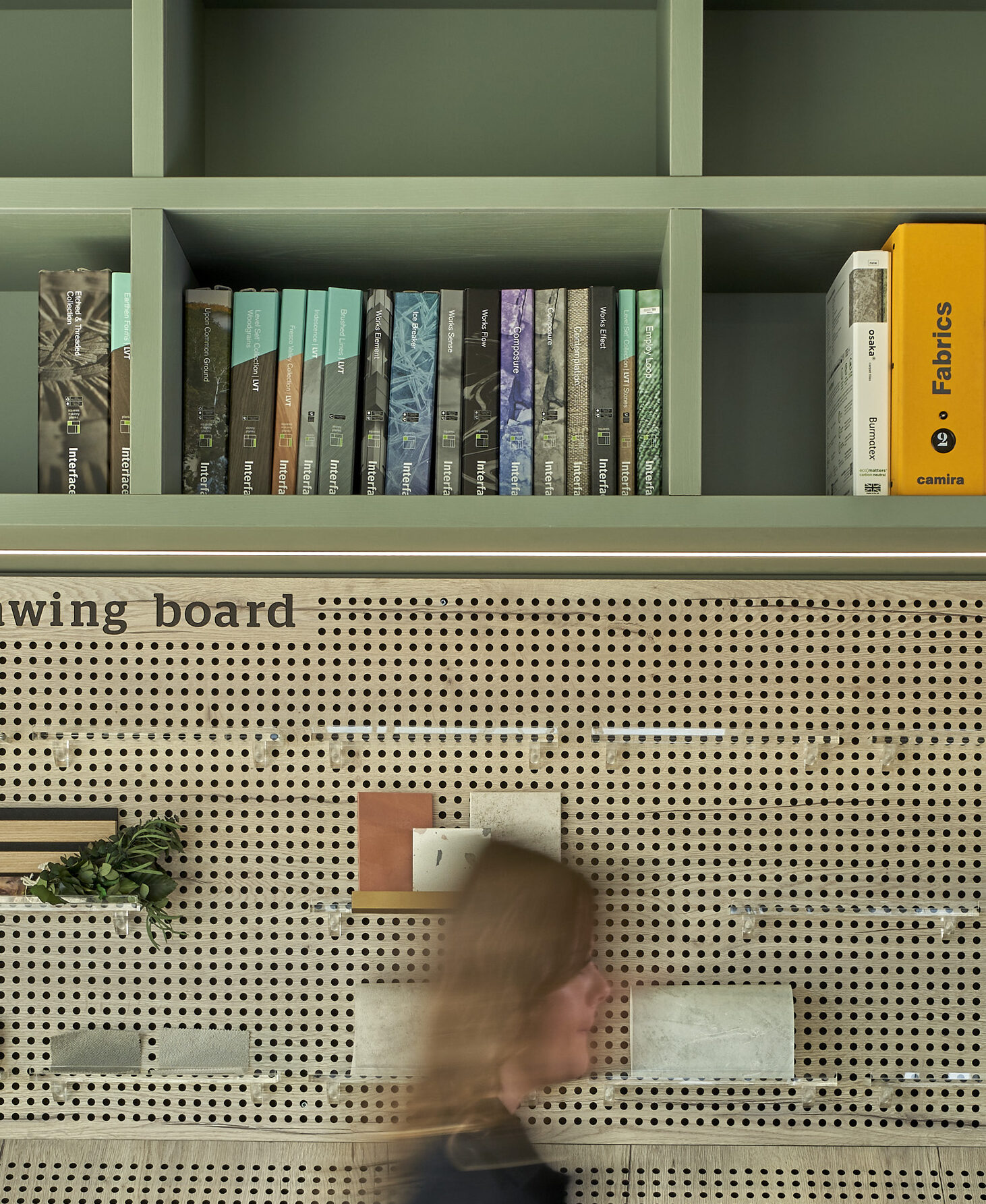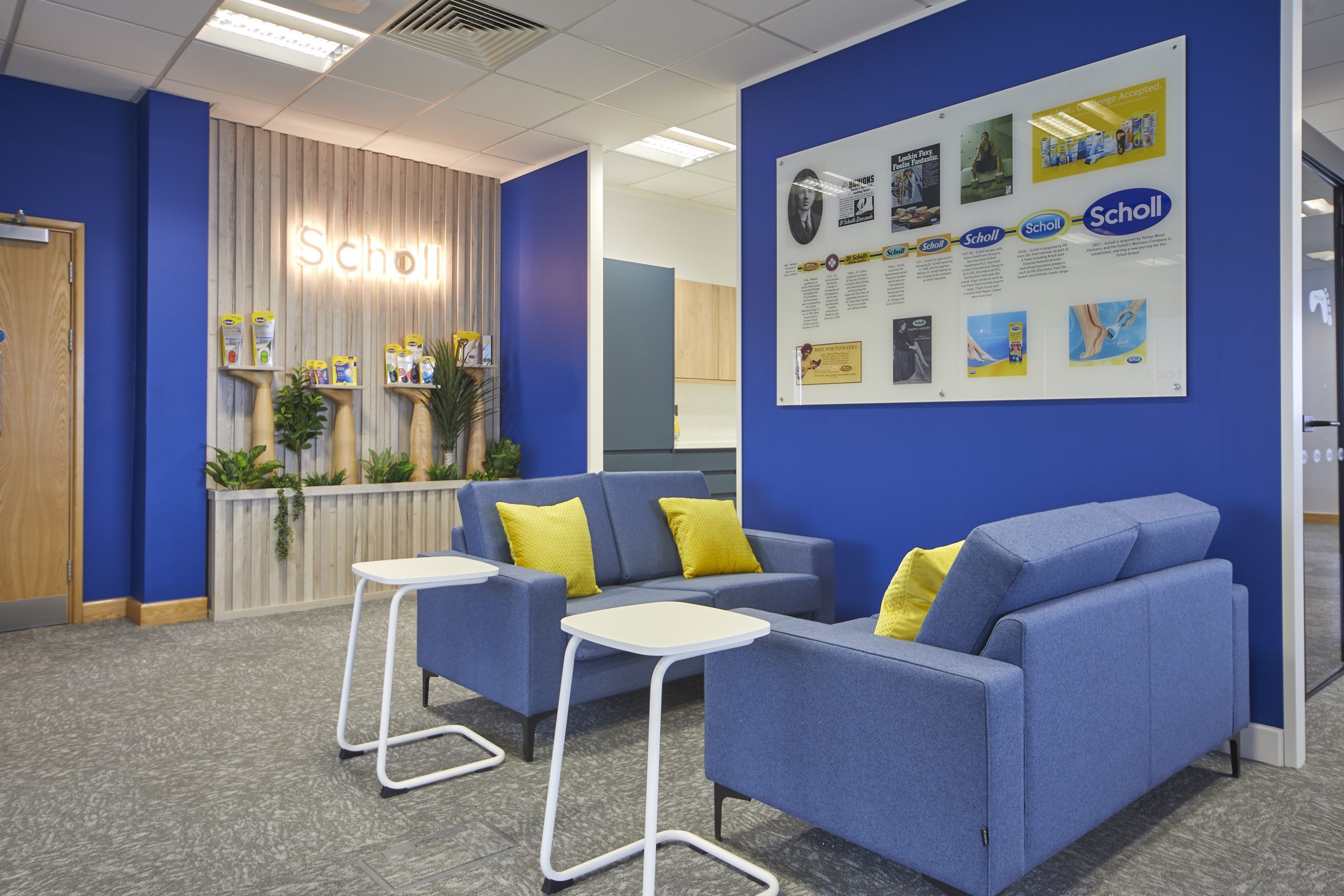
Industry Insight
2026 Office Refurbishment Guide

Most employees spend 50% of their waking hours in the workplace, so there’s no wonder why office design is important to their health and well-being. Features such as natural lighting, breakout areas, sit-stand desks, and improved air quality can help to reduce stress.
Millennials expect far more from their work environment, and a significant aspect of this is office design. YouGov found that 48% of respondent would be influenced by the room they were interviewed in, when deciding whether or not to accept a job offer. Although quirky design is appealing, it’s important to avoid gimmicky features and to ensure that the environment remains productive with a focus on health and wellbeing.
Recruiting talent only plays a small part in office productivity, how are you going to ensure they don’t leave? A study found that 43% of millennials intend to leave their current jobs within two years. To create a fulfilling work environment that encourages productivity, businesses must learn to leverage office design as one of the driving factors behind employee retention. Therefore office design can create a happier work environment and be a significant element in employee satisfaction.
When looking at office design it is worth considering the growing trend of flexible working. A study showed that 77% of employees feel that flexible working aids productivity, emphasising the importance of a work-life balance. Alternatively, businesses can ditch the traditional office space for a more versatile environment, opting for hot-desking and collaborative areas.
34% of millennials felt stress made them less productive at work but 28% believed working through stress was expected in their job. Creating breakout spaces for employees to relax is proven to dramatically improve productivity. This provides workers with a calming environment where they are able to take a break from their work. Regular breaks are necessary for promoting a positive culture, encouraging workers to prioritise their health and wellbeing.